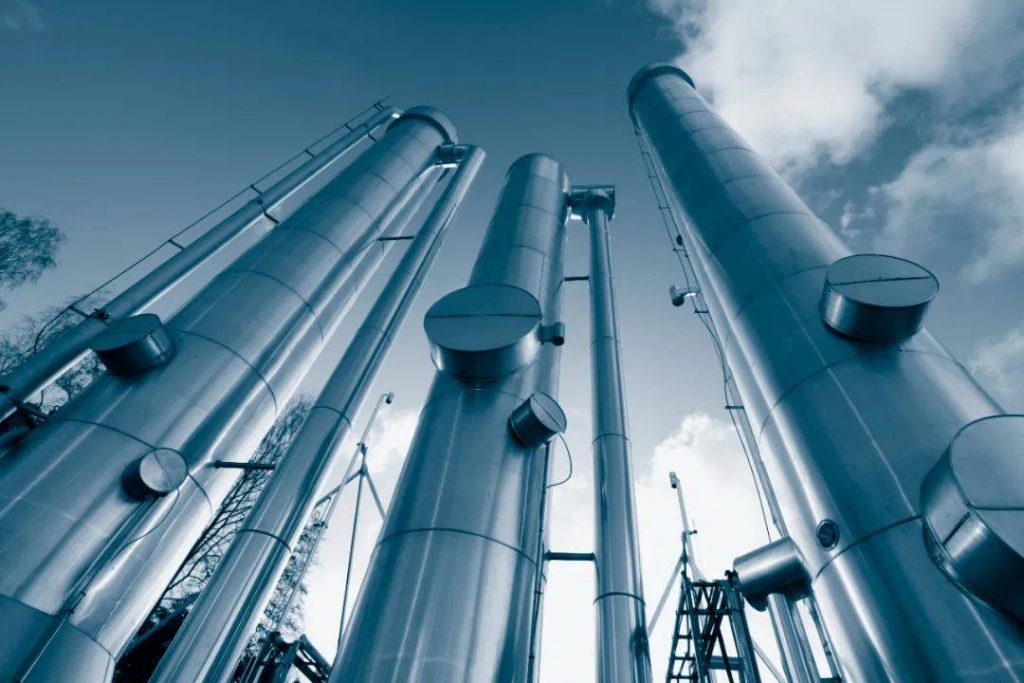
German Chancellor Olaf Scholz has announced a reduction in the value-added tax (VAT) on natural gas sales as a measure to alleviate price impacts. The VAT on natural gas sales will be lowered from 19% to 7%. This decision comes in response to the escalating energy crisis in Germany, and Chancellor Scholz has indicated that further measures will be announced in the coming weeks.
The reduction in the VAT on natural gas is aimed at providing relief to consumers who have been facing rising energy costs. By lowering the tax rate, the government hopes to mitigate the financial burden on households and make natural gas more affordable.
The energy crisis in Germany has been triggered by various factors, including supply chain disruptions, increased demand, and rising natural gas prices in global markets. The situation has led to concerns about the impact on energy affordability and the potential for social and economic consequences.
In addition to the VAT reduction, Chancellor Scholz has hinted at forthcoming measures to address the energy crisis. These measures could include steps to diversify energy sources, promote renewable energy investments, enhance energy efficiency, and potentially provide support mechanisms for vulnerable consumers.
The decision to lower the VAT on natural gas sales is part of a broader strategy to mitigate the effects of the energy crisis and stabilize energy prices. It demonstrates the government’s recognition of the challenges faced by consumers and its commitment to finding solutions to alleviate the burden.
The effectiveness of this VAT reduction and the upcoming measures will depend on various factors, including the overall energy market conditions, international energy dynamics, and the ability to implement targeted policies effectively.
Germany’s response to the energy crisis and its commitment to finding sustainable and affordable energy solutions will continue to evolve as the situation develops. The government’s actions will likely be closely monitored by stakeholders, experts, and the public to assess their impact and effectiveness in addressing the energy challenges faced by the country.
